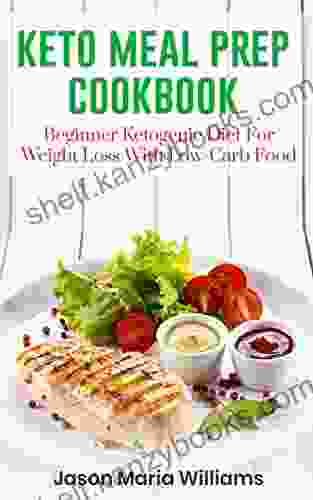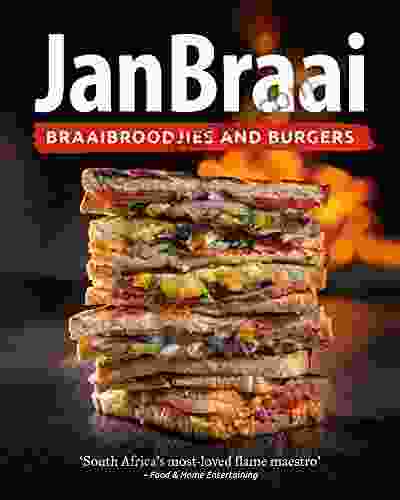Cookbooks are more than just culinary guides; they are windows into the lives of the women who wrote them. Through their recipes, anecdotes, and personal reflections, cookbooks offer a glimpse into the experiences, triumphs, and cultural contributions of women throughout history.
A Culinary Tapestry of Women's History
The earliest known cookbooks were written by women in the Middle Ages. These manuscripts, often passed down through generations, contained not only recipes but also household remedies, medical advice, and prayers. Through these writings, we can trace the evolution of women's roles in the domestic sphere and the development of culinary traditions.
4.4 out of 5
| Language | : | English |
| File size | : | 7096 KB |
| Text-to-Speech | : | Enabled |
| Screen Reader | : | Supported |
| Enhanced typesetting | : | Enabled |
| Word Wise | : | Enabled |
| Print length | : | 381 pages |
In the 19th century, cookbooks became more widely accessible and authored by women from all walks of life. These books offered a unique platform for women to share their knowledge, creativity, and personal stories.

Beyond Recipes: Personal Narratives and Social Commentary
While cookbooks primarily provide instructions for preparing food, they also often contain personal narratives and social commentary. Women have used cookbooks to share their experiences of motherhood, immigration, and the challenges they faced in a male-dominated world.
For example, in her cookbook "The Joy of Cooking," Irma Rombauer penned essays on a wide range of topics, from the importance of nutrition to the role of women in society. These writings offer a glimpse into her personal beliefs and her determination to empower women through culinary knowledge.
Cultural Heritage and Identity
Cookbooks also play a vital role in preserving and transmitting cultural heritage. They showcase the diverse culinary traditions of different regions and ethnic groups. Through recipes and stories, cookbooks provide a tangible connection to the past and foster a sense of belonging.
For instance, Edna Lewis's cookbook "The Taste of Country Cooking" celebrates the traditional cuisine of the American South, specifically the African American culinary heritage. Her recipes and anecdotes paint a vivid picture of the rural community she grew up in and the importance of food in preserving cultural identity.
Agents of Social Change
In addition to being historical documents and cultural repositories, cookbooks can also be agents of social change. By sharing their knowledge and expertise, women have made significant contributions to the fields of nutrition, education, and public health.
For example, Fannie Merritt Farmer, the author of "The Boston Cooking-School Cook Book," played a pivotal role in establishing cooking as a legitimate discipline. Her book revolutionized home economics and helped to transform the way people thought about cooking and nutrition.
Cookbooks are not just collections of recipes; they are invaluable historical documents that provide a unique perspective on the lives of women throughout history. Through their stories, experiences, and culinary creations, women have left an enduring legacy that continues to shape our understanding of food, culture, and the human experience.
By reading women's lives through the cookbooks they wrote, we gain a deeper appreciation for their contributions, resilience, and the enduring power of their voices. These culinary memoirs offer a fascinating lens through which to explore the past and celebrate the diverse stories of women who have shaped our world.
























































































